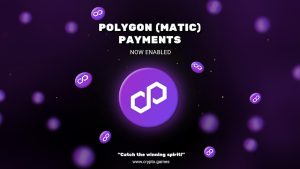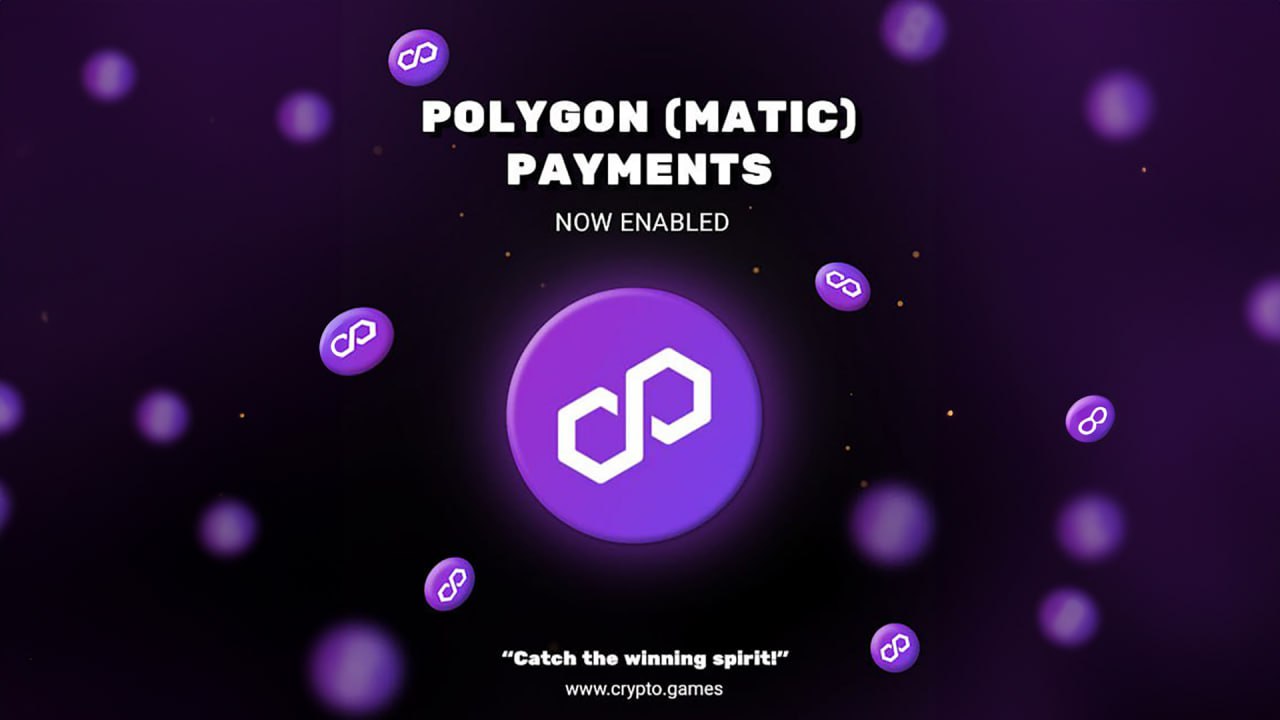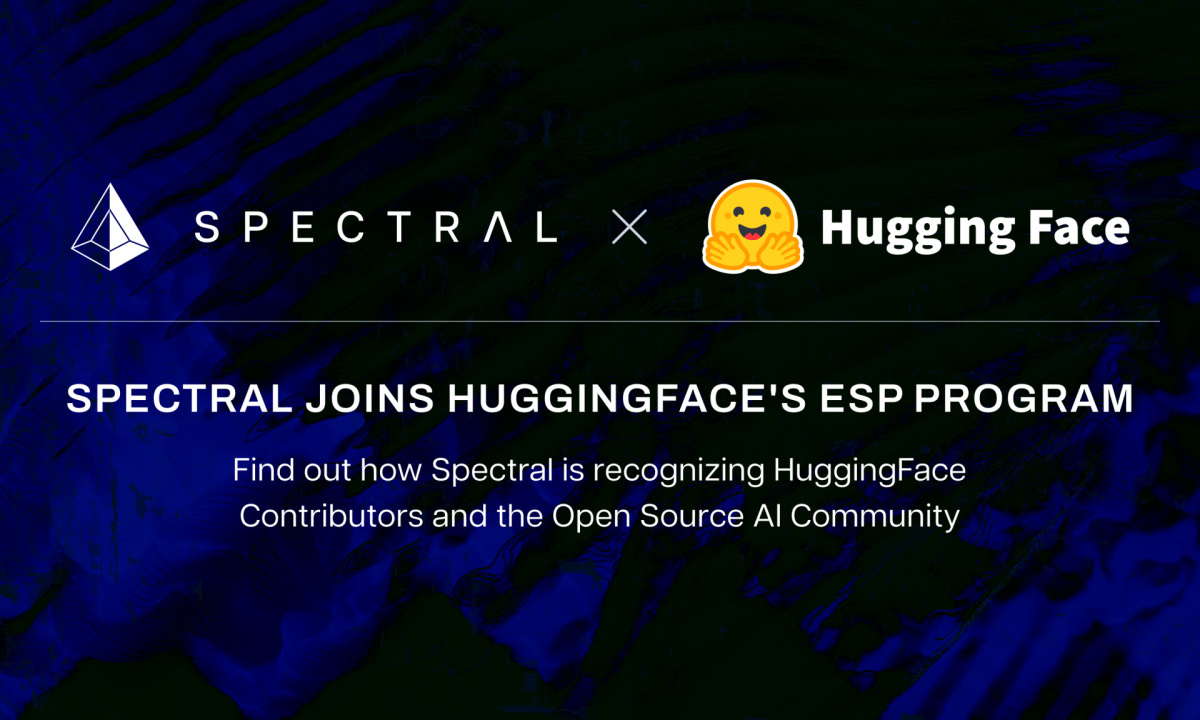Understanding Multi-Party Computation as-a-Service
Blockchain technology is renowned for its transparency and decentralization. This implies that all transactions are recorded in publicly available distributed ledgers. However, this transparency also presents a challenge to data privacy. Since transactional data is accessible to the public, it becomes easier for malicious actors to identify patterns and track individuals.
In recent years, the decentralized finance (DeFi) ecosystem has witnessed significant growth. Various decentralized applications (dApps) and DeFi protocols have emerged on different blockchain networks. While layer-2 solutions aim to address interoperability and scalability concerns, privacy issues related to blockchain technology remain unattended.
To address this problem while upholding the fundamental principles of blockchain technology, next-generation projects have begun exploring the concept of multi-party computation (MPC) to enhance data privacy in blockchain services. MPC involves distributing computation operations among multiple parties, ensuring that no single entity can access the data of other parties. This approach guarantees end-to-end data privacy.
However, MPC alone is not enough. To make it valuable for the blockchain ecosystem, it needs to be integrated with the inherent features of blockchain technology. By leveraging the transparency, consensus, and integrity provided by blockchain, MPC can be orchestrated without compromising privacy. Currently, only a few companies have successfully merged MPC with blockchain technology, offering the desired attributes of both ecosystems to users and service providers.
Nevertheless, building an MPC solution from scratch requires time, effort, and resources. As a result, MPC-as-a-service has emerged as an innovative solution for enterprises and individuals seeking end-to-end privacy for their blockchain services. Similar to the software-as-a-service (SaaS) model, MPC-as-a-Service allows users to rent the services by paying a specific fee to the service provider. This model offers businesses and individuals the flexibility to scale their operations as needed, with various pay-as-you-use options.
About the Author:
Kurt Nielsen, the Co-Founder & President of Partisia Blockchain, is a renowned industry professional specializing in advanced distributed cryptography and decentralized infrastructure. With extensive experience in strategic decision-making, applied information economics, data science, and mechanism design, Kurt has made significant contributions across various industries. He holds a Ph.D. in Economics from the University of Copenhagen and has previously worked as a professor at the same university. Kurt has co-founded several companies, including Partisia, Sepior, Energiauktion.dk, Secata, and Partisia Blockchain.











